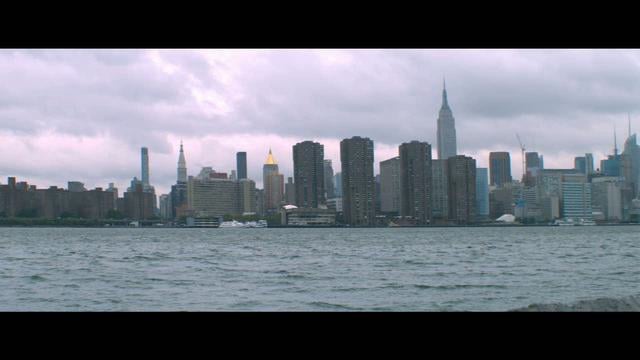Chromeo wants to write you a TV theme song, girl

There are several layers to every track by Montreal-based electro-funk duo Chromeo: On the top, there’s the silky smooth voice of David “Dave 1” Macklovitch, who drops loverman come-ons and unsubtle double entendres over throbbing beats, movie-soundtrack guitar, and the spiky keyboards of bandmate Patrick “P-Thugg” Gemayel. But dig deeper, and you’ll find a music geek’s paradise of pop references that endures through countless spins. The duo’s forthcoming Business Casual adds considerably to this musical vocabulary, taking an extended detour through some of the softer contemporaries to past Chromeo touchstones like Rick James, Jimmy Jam And Terry Lewis, and Hall And Oates. Before Chromeo comes to Stubb’s Aug. 24—with signature light-up-leg keyboard stands in tow—Macklovitch spoke with The A.V. Club as it took a pop-surgeon’s scalpel to some Business Casual highlights, touching on recent collaborations with Solange Knowles and Daryl Hall, and why Scissor Sisters have him scared to put out a record in 2010.
The A.V. Club: References to nighttime and the dark run throughout Business Casual—would you say that this is the most nocturnal Chromeo record so far?
David Macklovitch: You can see that with the videos too—the “Night By Night” video was dark and smoky. The ambience of this record is more that the lights are dim and it’s time to put on a couple candles. It’s a bit of a “grown and sexy” feel that we brought into this record.
AVC: “Night By Night” has a cinematic feel to it, so it makes sense that it would get a music video to accompany that.
DM: Yeah, [especially] the guitar solo. With [2007's] Fancy Footwork, we just wanted to make pop songs that sounded good, and had a big sound. I think this record sounds even bigger, but I think there’s more of a cinematic flash—even like a TV theme. With certain songs, I wanted them to sound like the theme from The Love Boat or something.
AVC: After some heavier, funkier cuts, Business Casual smoothes out on its second half. Did you feel like you were taking chances with those songs?
DM: I think so. I mean, we’ve never done a seven-minute song before, we’ve never done a ballad in French. Even the last song, the Billy Joel-sounding one [“Grow Up”]—nobody’s doing that. That’s still super-uncharted. That’s just as uncharted as when we first started doing Rick James funk records.
AVC: With “You Make It Rough,” that seven-minute song, were you trying to capture the feel of a 12-inch remix? What was the driving force behind recording such a long track?
DM: That song is kind of bare-bones, with just a drum and a bassline. So instead of building it synchronically, so to speak, I just wanted to build it diachronically. And then when we finished putting all the demos together for the record, we just felt like it missed a little something weird. So we were like, “Well, that song is the perfect one to take somewhere else later on.” So then we added that Dire Straits drum solo—like a reference to the beginning of “Money For Nothing.” And then very Andy Summers guitar chords, and then those African chants I did. We wanted to have fun with it. If you listen, at one point there’s a free-jazz saxophone coming in for like, five seconds. It’s really low in the mix.

 Keep scrolling for more great stories from The A.V. Club.
Keep scrolling for more great stories from The A.V. Club.